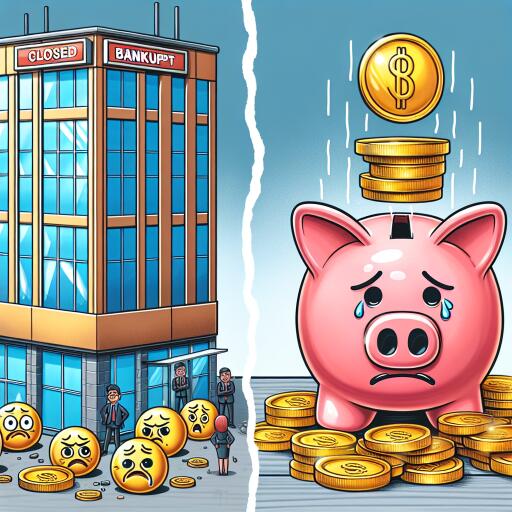Bankrupt FTX Plans to Pay Creditors $11bn, But Investors Feel Insulted by the Offer. Here’s Why
FTX, once a major player in the cryptocurrency exchange market, has declared its intention to pay back creditors the substantial sum of $11 billion following a surge in bitcoin prices. This announcement comes under the leadership of the new CEO, John Ray III, who took the helm in the wake of the former CEO’s legal troubles.
The bankruptcy recovery plan was detailed on a Tuesday, presenting a strategy for repaying creditors in full, along with interest. This ambitious goal is supported by the potential liquidation of considerable investments from FTX Ventures and its affiliate, Alameda Research. Moreover, FTX has managed to negotiate a pause on significant claims from US governmental bodies like the Internal Revenue Service (IRS) and the Commodities and Futures Trading Commission (CFTC). This agreement also includes a direct $200 million payment to the IRS.
With a plan to offload assets potentially exceeding $16 billion, CEO John Ray III has expressed confidence in surpassing the company’s current debts. The repayment strategy leans heavily on the increased value of bitcoin, as well as other speculative digital assets and startup investments once tied to FTX.
Despite the outlined repayment approach, critiques from within the creditor community have surfaced. A group of creditors, led by prominent figures Sunil Kavuri and Arush Sehgal, is gearing up to contest the offer. Their main contention lies with the perceived underestimation of their digital assets’ current value, a figure that has appreciated since FTX’s downfall. Despite promises of 118% returns, they argue this does not fully account for the missed investment growth opportunities during the market upturn.
The dissatisfaction among FTX’s creditors is compounded by concerns over the plan’s fairness and reliability. There’s a lingering fear that the repayment plan’s wording could potentially allow FTX to retract their payment promises under trivial pretexts. Additionally, the creditors are wary of losing the opportunity to pursue separate legal actions against associated third parties, including law firms implicated in FTX’s misdeeds.
At the core of the discontent is a sense of betrayal and mistrust. Creditors believe that, despite the ostensibly complete repayment proposition, the plan fails to adequately respect the true value of their lost investments and may ultimately leave them at a disadvantage both financially and legally.
In his trial, FTX’s former CEO, Sam Bankman-Fried, sought leniency based on these repayment efforts, a motion sharply rebuked by Judge Lewis Kaplan. Highlighting the flaw in Bankman-Fried’s argument, Kaplan likened the situation to a thief wagering stolen goods and winning, emphasizing that such success does not diminish the criminal act itself.
As the bankruptcy plan unfolds, it becomes evident that while steps are being taken to address the financial wreckage left by FTX’s collapse, the path to full recovery and creditor satisfaction is fraught with complications and disagreements. The pronounced rift between FTX’s proposed settlement and creditor expectations lays bare the complex challenges in navigating restitution in the volatile world of cryptocurrency investments.
